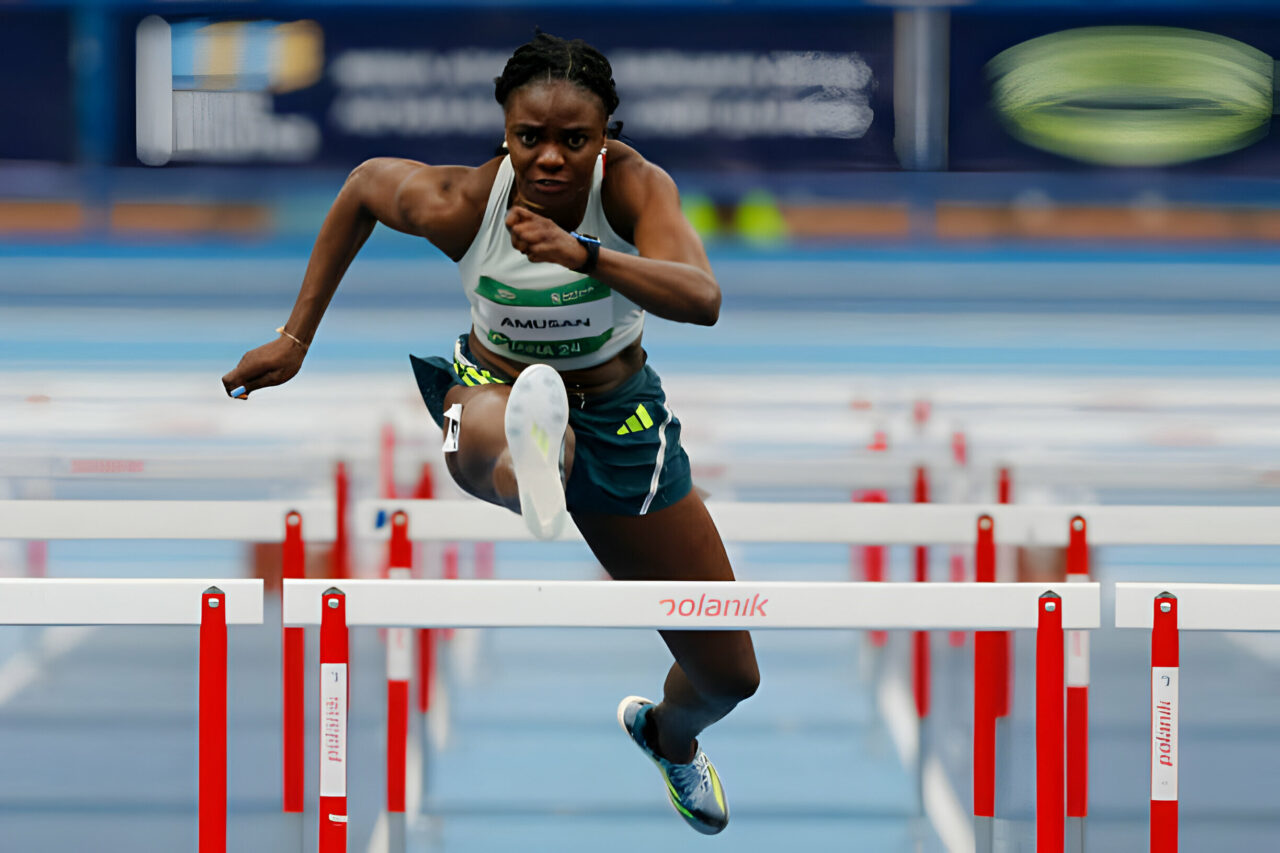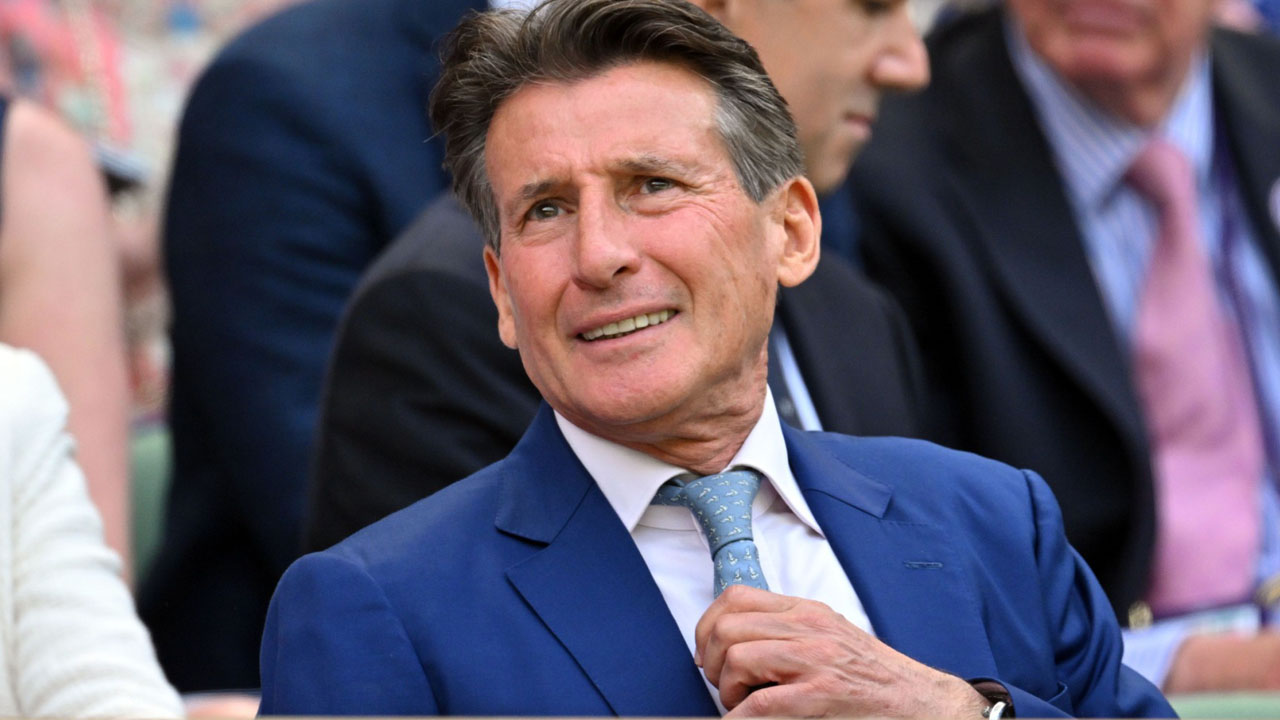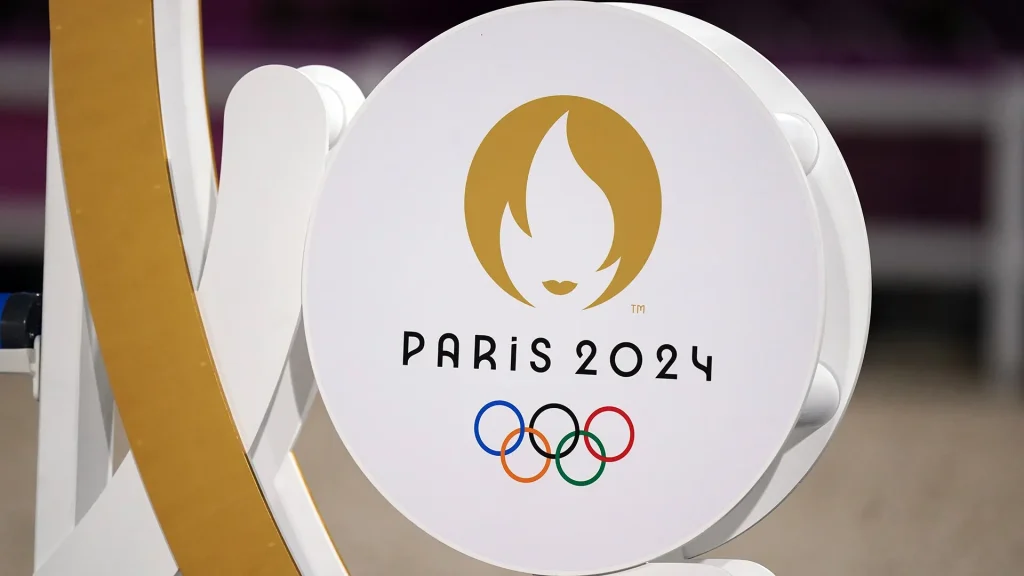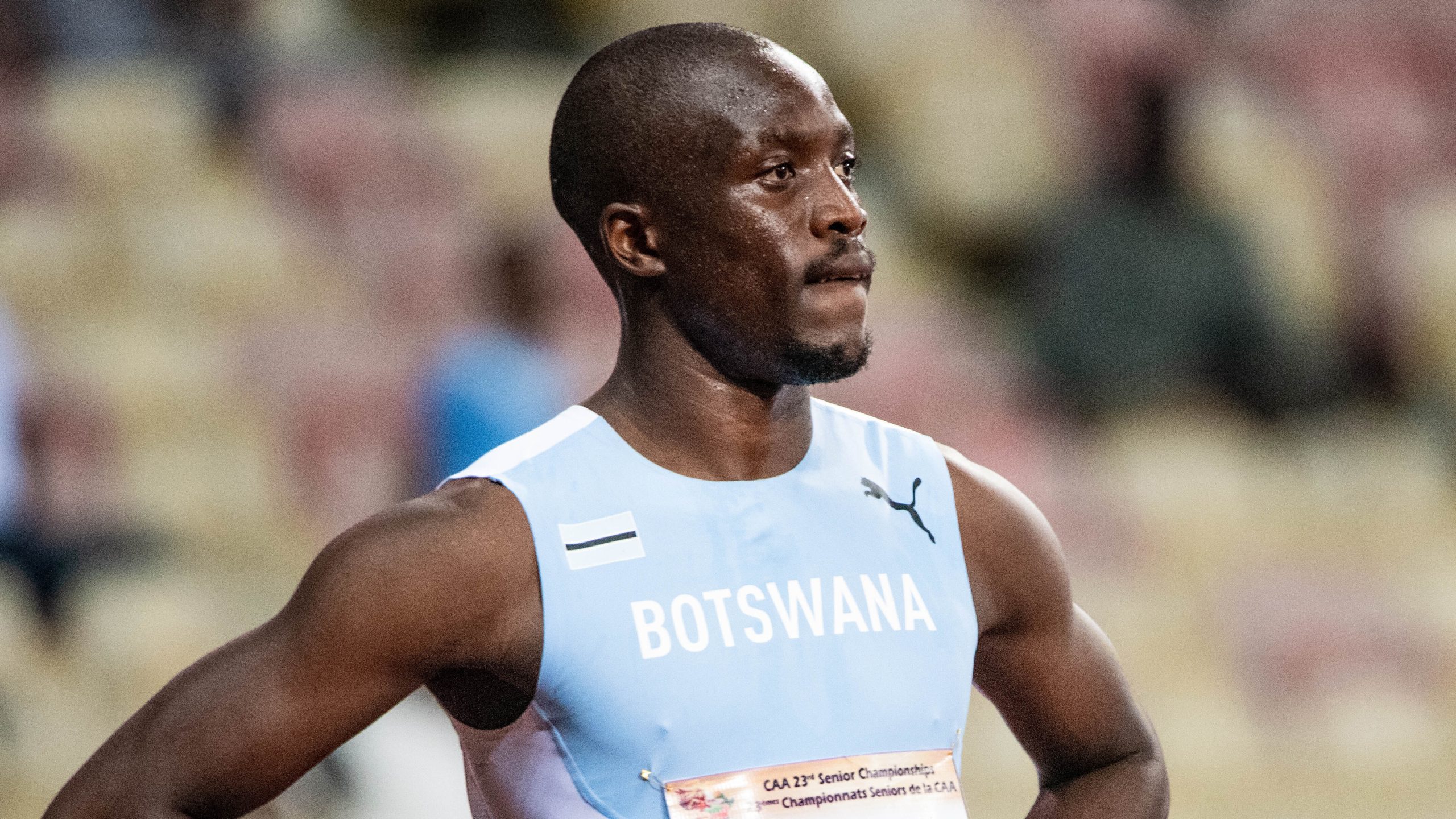
The World Athletics’ decision to reward each gold medallist at the forthcoming Paris 2024 Olympic Games with $50,000 has generated mixed reactions from the sporting world. GOWON AKPODONOR writes that while the International Olympics Committee (IOC) and some stakeholders are opposed to the move, others believe that it would bring out the best in athletes.
When innovation meets time-tested tradition, what gives? What impact would the recent World Athletics’ decision to reward every gold medal at the Paris Olympics Games with $50,000 have on the amateur status of the Games?
These posers and many others perhaps prompted stakeholders in world sports to rise up against what they believe will bastardise their sector and lead many to adopt unsavoury means to win gold medals at the world’s biggest sporting extravaganza.
World Athletics (WA) the international athletics ruling body’s recent announcement that it would pay $50,000 to gold medalists in Paris, made it the first sport to introduce cash prizes at the Paris 2024 Olympic Games.
Additionally, WA said relay teams would be granted $50,000 as a collective, to be divided among their members.
President of World Athletics, Sebastian Coe’s announcement is a symbolic break with the amateur past of the Olympic Games in one of the most important events.
Although amateurism, in its real sense, has become a thing of the past as superstars with multi-million dollar contracts have competed in the Games for decades, Coe’s idea is seen by many as taking liberty too far, as, according to some, it would lead to unfair competition and also make it impossible for fair competition.
One of the earliest opposition to the plan came from none other than the International Olympic Committee (IOC), which said its role is to level the playing field and reduce the gap between the powerhouses and the rest.
President of the IOC, Thomas Bach, advised international sports federations like track and field to focus on reducing inequalities between countries, not on handing out prizes to winners.
“International federations must treat all their member-federations and their athletes equally, and try to close the gap between the privileged and the less privileged, or underprivileged,” the German said.
He advised Coe and other federation presidents to leave rewards for excellent athletes to their home countries, saying that National Olympic Committees (NOCs) should be the ones to freely decide on athlete prizes as motivation, not the international federations.

However, while Coe’s plan has been rejected by the IOC and some other stakeholders, it has been well-received by some prominent athletes.
On its part, the Association of Summer Olympic International Federations (ASOIF) said that WA’s position “undermines the values of Olympism,” and the Association of National Olympic Committees of Africa described the move as “contrary to the fundamental principles of the Olympic Movement.”
Also opposing the move subtly is former Nigerian football captain, Segun Odegbami, who, however, failed to break ranks with the initiative completely.
The retired footballer would have made his Olympics debut at the botched Games in Montreal, Canada, about five decades ago, but featured at the Moscow 1980 edition of the Games.
Now the proprietor of Sports Radio, Eagles ‘7, Odegbami, who is hoping to appear once more at the Paris 2024 Olympics Games, but not as an athlete, believes that current realities call for the type of change Coe is proposing.
To Odegbami, World Athletics’ decision to pay $50,000 to gold medalists in the 48 track and field events may have defeated the earlier spirit of participation, but the present reality calls for it.
“Some years back, the Olympic Games was purely for amateur athletes and players,” he told The Guardian.
“Then, no professionals were allowed to take part in the Games. Also at that time, every athlete who made it to the Olympics returned home with a medal, whether or not you made it to the podium. But things have changed, and we now have professional athletes and players competing at the Games. Giving financial rewards to an athlete at the Paris Olympics may be a result of the reality of the time. I won’t speak against it,” Odegbami stated.

Mary Onyali, the first Nigerian to compete at five Olympics after making consecutive appearances at the Olympics, from Seoul ‘88 Olympics, in South Korea, to the Athens 2004 Games, in Greece thinks that WA’s decision to give $50,000 to gold medallists in Paris should be applauded.
Onyali, whose feat at the Olympics was later equaled by table tennis players Bose Kaffo, and SegunToriola four years later in Beijing, China, became the first African woman to win an Olympic medal at Atlanta ’96.
She said: “I will look at it from a positive angle in the sense that the World Athletics Championship has its prize money from first to eighth position. The WA has taken it to the Olympics, starting with $50,000 for gold medallists. The body (WA) has stated clearly that Paris 2024 is like a test run, and that in subsequent Olympic Games, the prize money will trickle down to other categories of winners.
“To me, if an athlete wins clearly at the World Championships where there is prize money without the aid of drugs, he/she should be able to win clearly at the Olympic Games. My advice to all athletes is to stick to the rules of the game by competing cleanly without any form of cheating,” Onyali stated.
Former Nigerian sprinter, jumper, and hurdler, Seigha Porbeni, shared Onyali’s views when he said: “The issue of price money, which WA has just introduced into the Paris Olympics has been a protracted debate.
“On the part of both athletes and coaches, it is a celebration considering the long hours of training, the amount spent on supplements, hiring of training gyms, payments of massage therapists, and so on. We do hope it will even be increased soon and also extend down to both silver and bronze medallists. This is a positive incentive. We are expecting more world records to go down in Paris and other Olympics.”
For sports scientist, Adegoke Adelabu, the WA’s decision is a wrong step since, according to him, “the love of money is said to be the root of all evils.”
Adelabu, a former Nigeria international footballer told The Guardian. “I cannot understand how World Athletics could reduce the dignity of participating in the Olympics and winning a gold medal to $50,000. No amount of money can compensate for the joy of participating in the Olympics. I don’t think it is a motivational strategy for athletes to try and win gold medals to collect $50,000.”
The former IICC Shooting Stars of Ibadan player continued: “It is a serious error for the World Athletics to think that it can control the emotional responses of the athletes through cash. Intrinsically, it is not a good emotional stimulation strategy to increase the performance of the athletes, rather it has reduced the value of winning an Olympic gold medal to something that has a price tag instead of an inspirational tag.
 “The implications are that the worth of an Olympic gold medalist is just $50,000 no matter what happens to the athlete during the game. It is no longer about the dignity of the game and participation, but the monetary value. What we will be counting now is how many $50,000 is won by each country.”
“The implications are that the worth of an Olympic gold medalist is just $50,000 no matter what happens to the athlete during the game. It is no longer about the dignity of the game and participation, but the monetary value. What we will be counting now is how many $50,000 is won by each country.”
Although Adelabu believes that there is nothing wrong in compensating an athlete for a brilliant performance, he said it would have been like a surprise package during the Games.
“The question we need to ask our athletes is why they want to win gold medals; then they will say to collect $50,000. How ridiculous! If the same question was asked before, you would hear something like, ‘I want to be the best in the world’.
“The dilemma before the athletes is the psychological trauma of trying to dissociate the thought of collecting $50,000 if he or she wins the gold medal and enduring the risks associated with training to perform at such a level because he wants to win the gold medal. It is just like asking a footballer to keep control of the ball on a slippery pitch,” Adelabu stated.
Former world heavyweight wrestling champion, Osita Offor, also known as De Ultimate Commander: “Restricting the rewards to only athletics might make things unsavory at the Games,” he said, querying, “What happens to the wrestler who battles all odds to win a gold medal?
“You can imagine what it would have done to our wrestlers’ morale if they knew that a gold medal would fetch them $50,000.
“In Tokyo, we lost sure gold medals to last-minute mistakes. I am sure the likes of Adekuoroye, Oborodudu, and others would rather die on the mat than allow the gold and reward to elude them.
“To me, it is either they make it a uniform reward for all sports or jettison it.”






